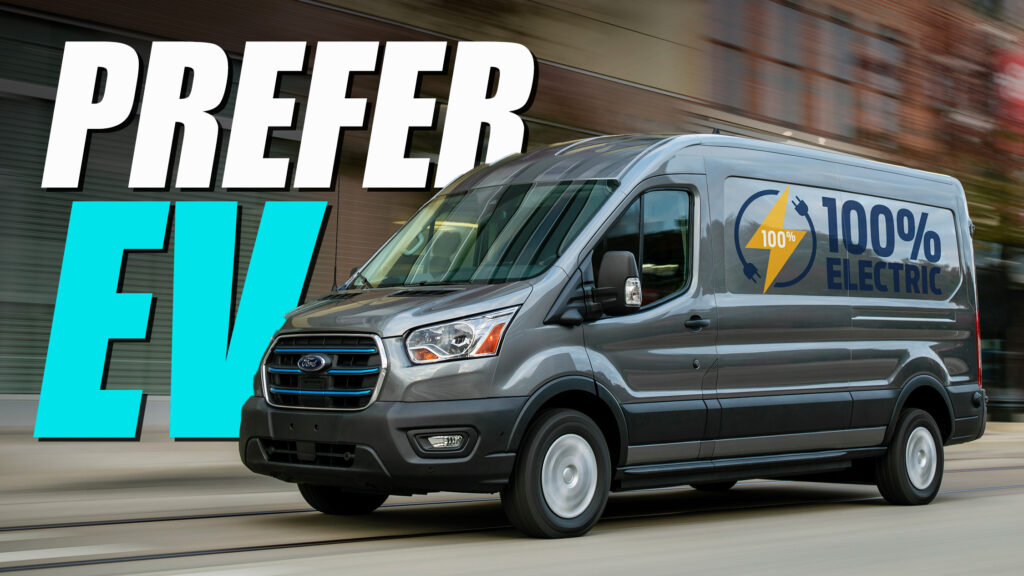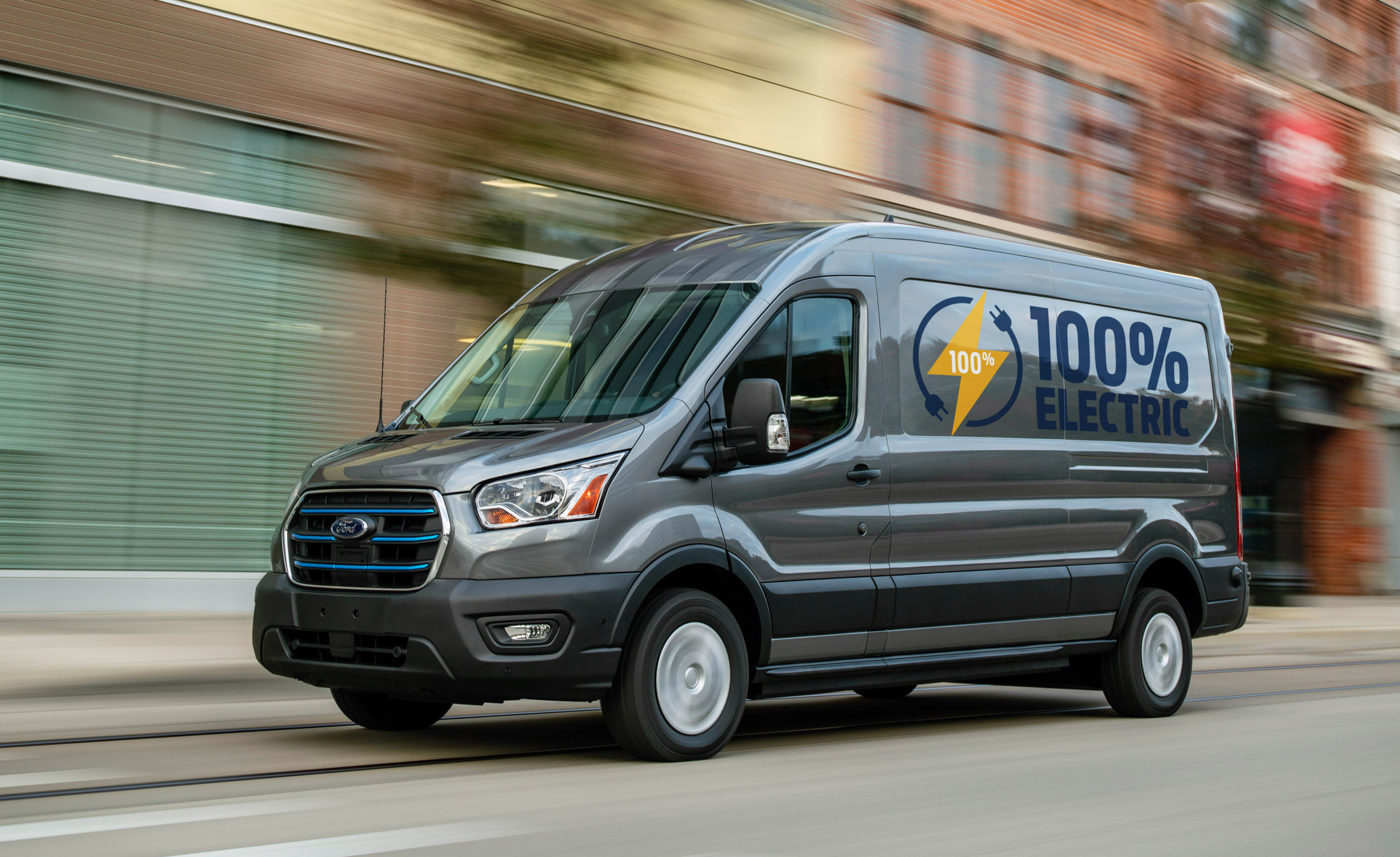- The majority of fleet operators with both EVs and ICE vehicles say they prefer the EVs, a new study has found.
- That preference comes despite the EVs costing more and requiring more maintenance, Cox Automotive says.
- Fleet owners forecast that EVs will account for 43 percent of the market in five years, and 87 percent expect to add an EV in the same period.
Households like yours and mine aren’t the only parties presented with the conundrum of whether to go electric. So are businesses across America, and a new study found that firms that have both EVs and ICE vehicles on their fleets prefer the zero emissions rides, despite them costing more to buy and requiring more maintenance.
On the face if it, that doesn’t seem to make sense, and fleet operators are swayed by logic and numbers, not emotions. But they cite the total cost of ownership and their electric vans and trucks’ capabilities as reasons for preferring them over the combustion vehicles they also have at their disposal.
Related: Kia PV5 Electric Van Spied In Production Form
Cox Automotive’s investigation found that 53 percent of firms aid they were likely to buy EVs when they next went on a vehicle buying spree, up from just 34 percent in the same study in 2022. Those polled predicted that electric vehicles would account for 43 percent of the fleet market five years from now, while asking that same question of existing EV owners increased the predicted volume to 58 percent.
Beyond the greater availability of EVs in 2024 than in recent years, one of the potential driving forces for electric growth in fleets is a strong awareness of incentives available. A total of 74 percent of those studied said they were familiar with the financial help available.
Service frequency
But fleet operators still have the same reservations about EVs that us regular retail buyers do. Largest of those was cost: 32 percent of EV considers think EVs are too expensive – though that number has fallen significantly since the 2022 study.
Worries over driving range, charging options and the cost of battery replacement also weigh on their minds, and many said their business premises and delivery routes weren’t set up for EV use. Even those that do have EVs also said they almost exclusively used them for short, cross-town journeys. A fifth of those thinking about buying an EV also expressed concern that a battery might not hold charge, but the fact that only 8 percent of current EV owners have the same concern proves the fear is misplaced.







